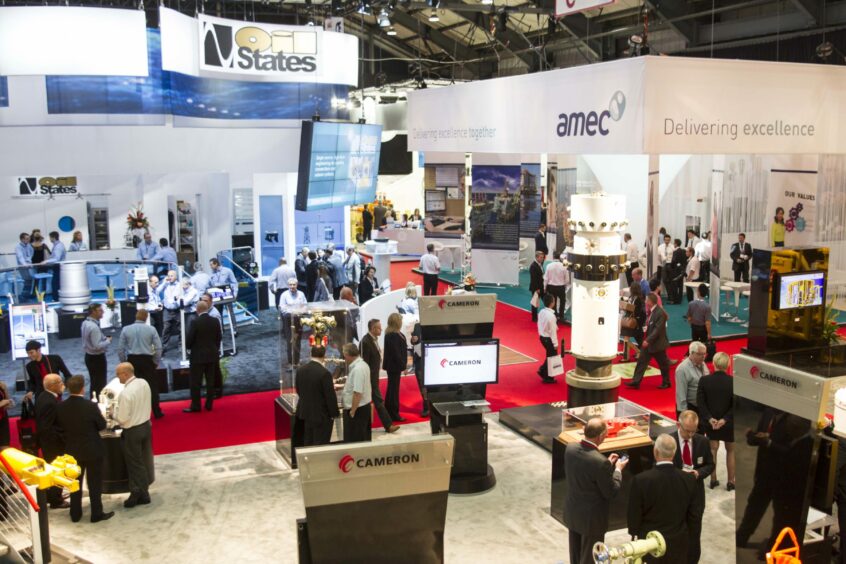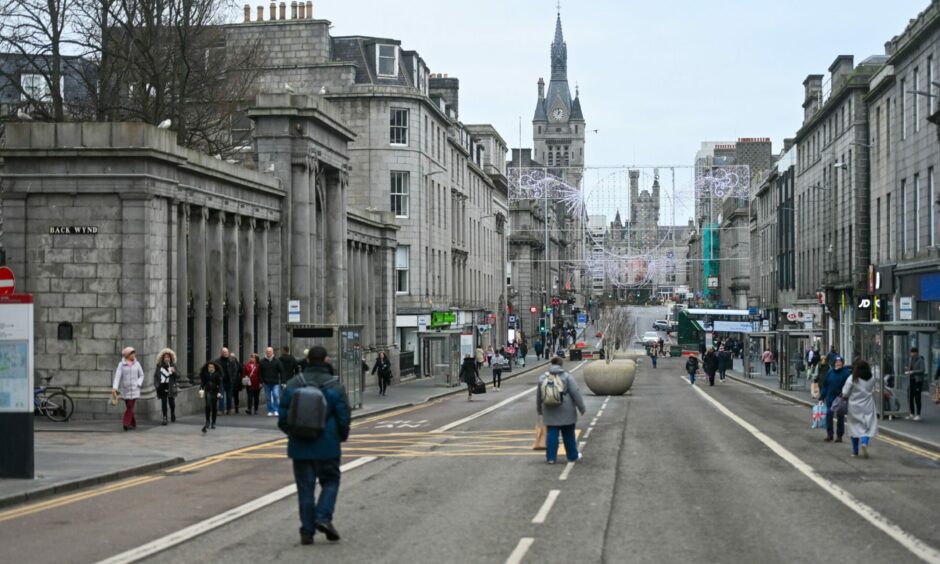The notion that crises – from flu pandemics to the end of world wars – lead to periods of unbridled public revelry is being bandied about.
Commentators predict a summer of spending and socialising similar to the “Roaring Twenties” which followed the Spanish flu pandemic.
No doubt welcome news for the ailing hospitality industry.
But what about the rest of the twenties – what lies ahead for the beleaguered industry?
Businesses across the industry, which are currently struggling with unparalleled staff absences, a nationwide sectoral recruitment crisis, soaring debt from what is now years of poor trading, supply chain issues from sheets to Champagne and the looming return of higher VAT rates and business rates, also have to look to the longer term.
As we continue to firefight the effects of Covid devastation, while counting the cost of the Christmas that “almost was”, we all need to look over the horizon.
We may not have a crystal ball, but we have hindsight, insight and foresight.
Major challenges: Brexit and business events
We’re facing a future where recruitment will continue – as in pre-Covid times – to be a major challenge. A challenge exacerbated by the effects of many excellent international staff leaving because of Brexit, with no one to replace them.
We also have Brexit to thank for continued supply chain difficulties – whether a lack of drivers or difficulties in importing goods and produce from Europe.
Based in the north east of Scotland we must also embrace a future where business travel plays a much smaller role in our revenues.
Don’t look back in anger
There’s little point in harping back to the “good old days” of pre-2014 oil prices.
At the moment, we have to face up to the fact that we’re unlikely to attain even the 2019 rates of non-essential business travel.
Equally, business meetings and events will likely see a drop off compared to pre-March 2020.
Our long-term view on recruitment must focus on attracting and retaining young talent and showing them that hospitality is more than carrying plates but is a rounded career full of myriad opportunities in different departments.
Although many of us may already be sourcing more local goods and considering food miles, we can all look more to local producers.
However, buying locally has to mean that suppliers establish reliable, consistent deliveries and availability of goods, either delivered directly or through recognised wholesalers.
Changing our city’s hospitality model from one with a focus on business travel to one with more of a leisure emphasis will be important going forward.
And this is one of the biggest challenges for our sector.
Leisure v business traveller – what do they want?
We have to give guests what they want, and leisure guests want a different proposition from the business traveller.
Transformation requires investment and after two years of being battered by compulsory closures and waning customer confidence, most business coffers are empty, with little money available for investment in change.
Transformation requires investment and most business coffers are empty.”
It can also be argued that investment in attracting more leisure visitors to the city is not the sole responsibility of hoteliers.
Based on worldwide research, shopping is important to 50% of tourists of all ages on a city break. It’s hard to make a case for the shopping experience in the city centre currently.
But if the end of “pandemic conditions” brings on a hedonistic, indulgent period of cocktails, parties and get togethers in the “soaring 20s”, the hospitality sector will be adapt and respond as it always does.
Stephen Gow is the general manager of the Chester Hotel



